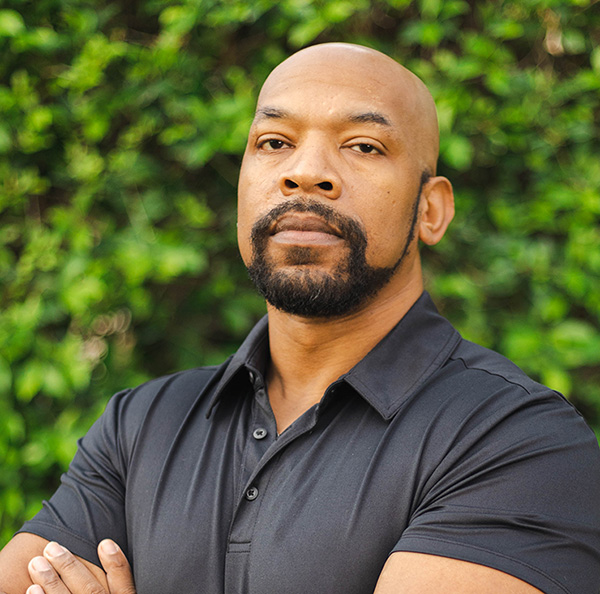Many educators have been asking what can I read to better understand race, racism, and its impact on schools and the classroom. In honor of Juneteenth, I compiled a list of 19 essential books that can help educators not only better understand the elusive, pervasive, and persistence impact of race on schools, but also provide them with skills to challenge and mitigate its influence and provide marginalized students, especially Black students, the best learning environment and experience.

- So You Want to Talk About Race
Ijeoma Oluo
Gives honest, clear, and constructive, and conversations about race and racism, how to deal with racial prejudices and biases, and how they infect almost every aspect of American life. - Between the World and Me
Ta-Nehisi Coates
From a personalized viewpoint, Coates confronts the notion of race in America how it was systematically constructed and shaped American history which includes the subjugation of Black people. - Why Are All the Black Kids Sitting Together in the Cafeteria?
Beverly Tatum
Uses research and psychological theory to explain the development of racial identity and the impact that has on racism and belonging. - Is Everyone Really Equal?
Ozlem Sensoy and Robin DiAngelo
This book addresses the most common stumbling blocks to understanding how social inequity is reproduced
- Racism Without Racists
Eduardo Bonilla-Silva
Documents how, beneath our contemporary conversation about race that often leads to “colorblind” philosophy on race, there persist a litany of arguments, phrases, and stories used to systematize and justify racial inequalities. - How to be an Antiracist
Ibram X. Kendi
Kendi uses history, science, and ethics to describe different forms of racism and how it becomes structural; how people are harmed by this structure, and working to undo racism and its component policies in order to build an equitable society. - White Fragility: Why It’s So Hard for White People to Talk About Race
Robin DiAngelo
Explores the counterproductive reactions White people often have when their assumptions about race are challenged, and how these reactions maintain racial inequality. - Learning in a Burning House
Sonya Douglass Horsford
This quick read looks at the concept of equal education and offers a historical look at the desegregation dilemma and negative consequences of school desegregation on Black communities in the United States.
- Culture and Power in the Classroom
Antonia Darder
This book makes the intellectual argument on culture is situated in the classroom experience and how it informs everything we do from curriculum, pedagogy, organization, and daily (sometimes hidden) practices intersect with the power dynamic that exists in schools. - Other People’s Children
Lisa Delpit
Explains how many of the academic problems attributed to children of color are often the result of miscommunication that stems from the struggle with the imbalance of power. - Whistling Vivaldi
Claude Steele
Sifts through empirical studies to explain the concept of stereotype threat which suggests that regardless of our social power or positionality, identity-based stereotypes that have been internalized can cripple performance and potential. - Belonging Through a Culture of Dignity
Floyd Cobb and John Krownapple
Many schools remain trapped in a cycle of equity dysfunction, often because they lack clarity on the fundamental needs of dignity and belonging. Once these are understood, educators can dismantle the barriers to meaningful student relationships, especially across dimensions of difference such as race, and culture, and make changes that reshape the academic experiences.
- We Can’t Teach What We Don’t Know
Gary Howard
Establishes a critically conscious framework for White, middle-class teachers to become highly effective, culturally relevant, and responsive educators, especially those in the most poorly resourced schools. - Start Where You Are, But Don’t Stay There
Richard Milner
Provides insights and skills for successfully educating diverse student bodies. The book centers on case studies that exemplify the challenges, pitfalls, and opportunities facing teachers in diverse classrooms. - Culturally Proficient Instruction
Kikanza Nuri-Robins, Randall Lindsey, Deloras Lindsey, Raymond Terrell
This book provides tools, resources, and vignettes to frame how educators illustrate what can transform our educational practice to meet the needs of all kids. - For White Folks Who Teach in the Hood
Christopher Emdin
Provides a unique rephasing and practical strategies on how teachers can empower and engage students based on their experiences to create an environment that produces authentic teaching and learning.
- The Dreamkeepers
Gloria Ladson-Billings
Provides an explanation of how culturally relevant teaching works and that it is not a matter of race, gender, or teaching style. What matters most is a teacher’s efforts to work with the unique strengths a child brings to the classroom. - Culturally Responsive Teaching and the Brain
Zaretta Hammond
Offers a framework for optimizing student engagement and uses neuroscience research to offer how our cultures program the brain to process data and affect learning relationships. - The Guide for White Women Who Teach Black Boys
Eddie Moore Jr. Ali Michael, Marguerite Penick-Parks
Employs poignant personal stories, current research, and specific activities as an instructional guide to the largest demographic of educators teaching one of the most marginalized populations of students.

